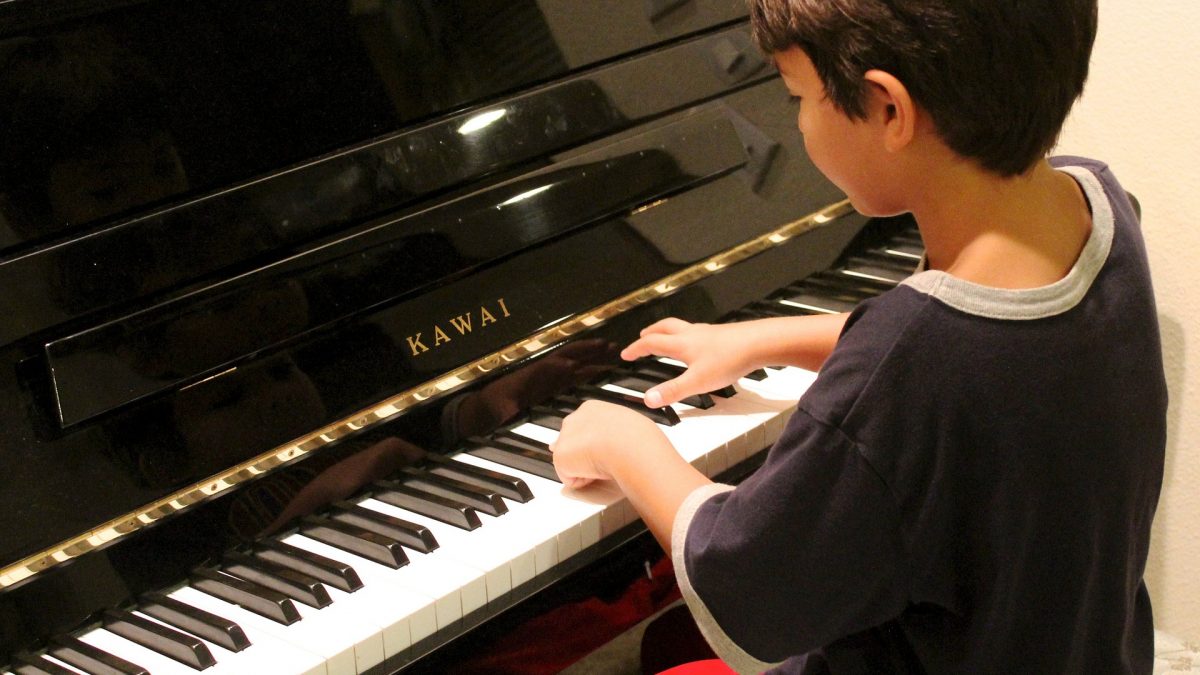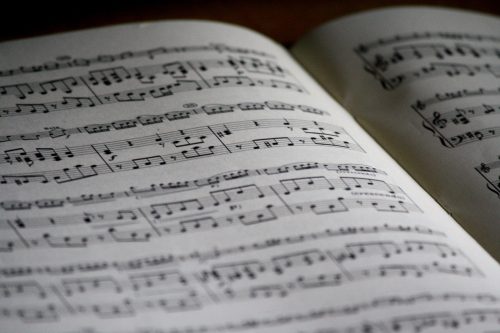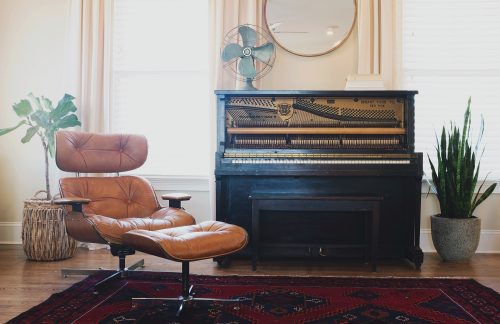
Learning how to play an instrument is a great way to develop your child’s mind and expand their abilities and horizons. A good instrument to begin with is the piano. Like all skills that a student can learn, learning how to play piano comes in three main venues. The first venue—self-learning piano—is generally not advisable. Learning how to play piano on your own requires a lot of dedication and focus; unfortunately, most students who begin this way start to lose interest. The second and third venues are the more feasible options. As a result, most parents struggle between whether they should find a private piano tutor for their child or enroll their child into a piano academy. However, it can be difficult to understand the differences between private piano tutoring and piano academies. Deciding which of these is the best option without learning the differences is almost impossible.
Also Read: 3 Signs Your Child Needs a Tutor (and How to Find One)
We hope to make this process easier. First, we’ll share our guide on the differences between private piano tutoring and piano academies. Then, we’ll help you decide which is the best option for your child.
Piano Academies

Overview:
Due to a lack of piano classes offered at public schools, many music and piano academies have emerged to offer some sort of structured school system to learning how to play piano. Generally, piano academies are level-based. With each passing year of enrollment in their school, your child will advance in their grade level. This means that piano academies are a yearly commitment. Most of these schools will demand a yearly deposit of around $100 to $200 to reserve a seat in their programs. They will also charge the entire term fee before your child starts attending classes. This is very much in tune with the general private school structure.
Lesson Arrangement:
- Piano academies usually follow a term system for their lessons. Each term will offer around 11-12 lessons (3 lessons a month), resulting in about 44 lessons. There is usually around 8 weeks of break time that is spread throughout the academy year. Of course, this depends upon the piano academy in question. Different piano academies have different policies and some schools may offer more or less lessons per term.
- Most piano academies have a set of teachers who teach a group of students who are learning at the same grade level. While the teachers do gauges individual skill level of each student, the pace and content of each lesson reflects the level of the entire class. As a result, more advanced students learn at a slower pace than they need to and less advanced students may be learning at a pace that is too fast for them.
- Missing a lesson means missing a lesson. Since the class will be progressing ahead with their lessons, it is unlikely that the student who missed a lesson could make up that lesson later. Many academies place the burden on the student themselves to complete the lesson they missed. Some academies may leave it to the teacher’s discretion if the student had missed the lesson due to sickness or family emergencies.
Teachers and Timings:
- In piano academies, they generally employ a staff of instructors who teach multiple classes at different skill levels. Each of these instructors are highly qualified and will be teaching carefully crafted curriculum set by the academy.
- Teachers also tend to teach different groups of students every year. This means that the students will encounter a new instructor as they pass each skill level test at the academy. Instructors may also feel less tied to their students due to this.
- Different time slots will be occupied by different instructors. Popular, convenient time slots fill up fast. Since the timing of each lesson is rigid, you may have to send and pick up your child from their piano academy at inconvenient times.
Private Piano Tutoring

Overview:
Individuals with an extensive background in playing and teaching piano tend to offer their services as private piano tutors. These piano tutors each have their own fee structure and may charge differently. However, they usually will not ask for a deposit. In practice, most private piano tutors either follow a monthly fee structure or a 4-lesson fee structure. In the latter, the piano tutor charges fees at the end of four delivered lessons. Most piano tutors follow this system over a monthly fee structure.
Lesson Arrangement:
- Unlike piano academies, the number of lessons depends upon the discretion of the student and tutor. As the student progresses in their ability to play piano, the private piano tutor can alter the pace of the lessons after gauging their student’s skill level. As a result, the student’s journey in learning piano is highly customizable and can be crafted to ensure that the curriculum best fits the needs of the student.
- With private piano tutors, one cannot really miss a lesson. Most piano tutors ask for a notification 24 hours in advance if the student needs to postpone or cancel their upcoming lesson. Since the lessons are flexible and customized to the needs of the student, the lesson can easily be made up at the next available time that is convenient to both the tutor and student.
Teachers and Timings:
- Private piano tutors may not have a reputable music academy to back their credibility but many of these tutors are highly qualified and have robust experience with teaching students how to play the piano. They will be dedicated to creating and teaching lessons in a manner that inspires your child to learn and develop their ability to play piano.
- Unlike the instructors at piano academies, private piano tutors will be a consistent guide throughout your child’s learning journey. They will have a greater sense of responsibility and ownership over the performance of your child. Moreover, they will try to form a lasting relationship with your child, allowing your child to learn in an atmosphere that is comfortable and familiar.
- The timing and venue of your lessons are completely at the discretion of you and the tutor when you opt for private piano tutoring over piano academies. At Talentnook, our private piano tutors are comfortable hosting lessons at your home or theirs, ensuring that piano lessons are also convenient.
Which is a Better Option For Your Child?
You know your child best. The differences between private piano tutoring and piano academies are clearly outlined above. Now, it is a matter of understanding how your child learns and what sort of atmosphere works best for them. If your child prefers learning with other people or needs a strict structure to their learning to ensure progress, you may want to opt for piano academies. This year-long commitment could enable your child to diligently learn the piano. However, if you are looking for more convenient, personalized learning plans with a tutor who will work to keep your child in an environment most comfortable for them, the better option for your child is private piano tutoring.
Again, every child is different. Both piano academies and private piano tutoring are great options to enable your child’s interests in learning how to play piano. It is up to your child and you to decide which option will be more effective for your child.
Enjoy expanding your musical horizons!